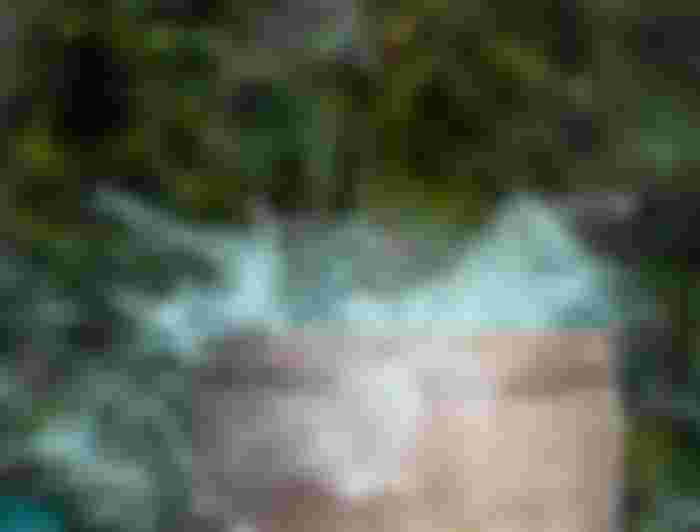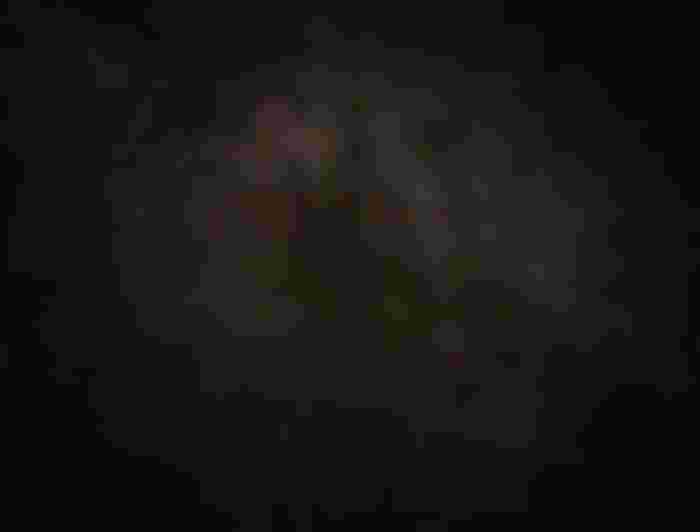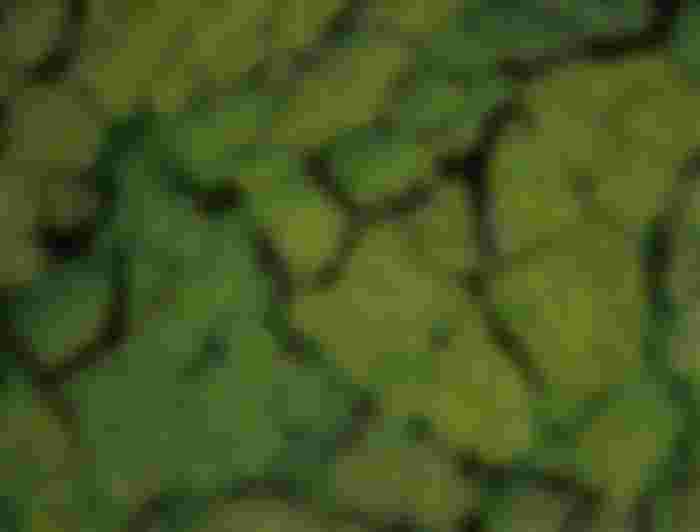What you need to know about matter.
What is Matter?
Matter is anything that has mass and takes up space. There are many different types of matter, including solids, liquids, gases, and plasma.
Matter is the substance from which everything, including humans, is made. Matter is made up of atoms. Atoms are made up of protons, neutrons, and electrons. Protons and neutrons are held together in the nucleus by gluons. The nucleus has a positive charge because of protons and no charge because of neutrons. Electrons have a negative charge, and they orbit the nucleus at high speeds.
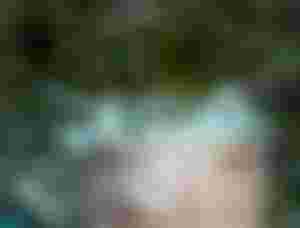
What is matter made up of?
The smallest unit of matter is an atom. It is made up of a nucleus (including protons and neutrons) and electrons. The number of protons in the nucleus determines what element the atom is. Atoms combine to form molecules.
Humans are made out of matter, so we take up space and have mass. We are mostly made out of water (hydrogen and oxygen atoms).
Simply anything around you is matter as far as you can touch it see it or feel it.
What is the end product of matter?
There is no end product for matter; it can be recycled and broken down again and again. For example, when someone dies, their body will decompose over time into just basic elements like hydrogen and carbon.
What is antimatter?
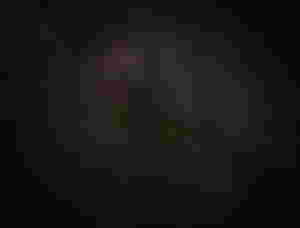
Anti-matter is similar to normal matter but with opposite charge and properties. For example, anti-protons have negative charges instead of positive charges like protons do (anti-matter particles have negative charges while normal particles have positive charges).
Scientists are still trying to figure out if it's possible to create or destroy matter in large quantities; they know that it's possible to do it in small quantities because they do it often with particle accelerators like the Large Hadron
If you have matter, you have to have anti-matter. This is because matter and anti-matter are each other's opposites—to the point that when they collide with each other, they destroy each other and make pure energy.
Matter cannot be destroyed (this would violate the law of conservation of energy) but it can be created in different ways—for instance, by using energy to create particles or through nuclear fusion or fission.
What happens to us when we die?
Since matter can neither be created nor destroyed, when humans die they are transformed into hydrogen and oxygen.
So does it mean that the oxygen you breathe might be a 1 billion years old giant?
That means that every atom that ever existed in the universe is still there. The only thing that can happen to them is for them to change their states of energy. They can change from solid to liquid to vapor and back again, but they can't just disappear.
The concept of matter and anti-matter is always debated among scientists, though they have come to a conclusion that matter can be destroyed and anti- matter can be created, but in a theoretical way and almost impossible
Before the big bang the earth is an atom with energy at the nucleus before it exploded to form the observable universe.
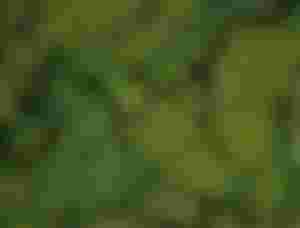
Can matter be created in the lab?
Yes, of course matter can be created in the lab. But it brings us down to the concept of matter can neither be created nor destroyed. We might think we created matter in the lab but we just recreate a matter that has been transformed to other form and transform it back to something else.
Thank you so much for reading.
please if you have questions about matter, ask in the comment section.
Please subscribe for more!
